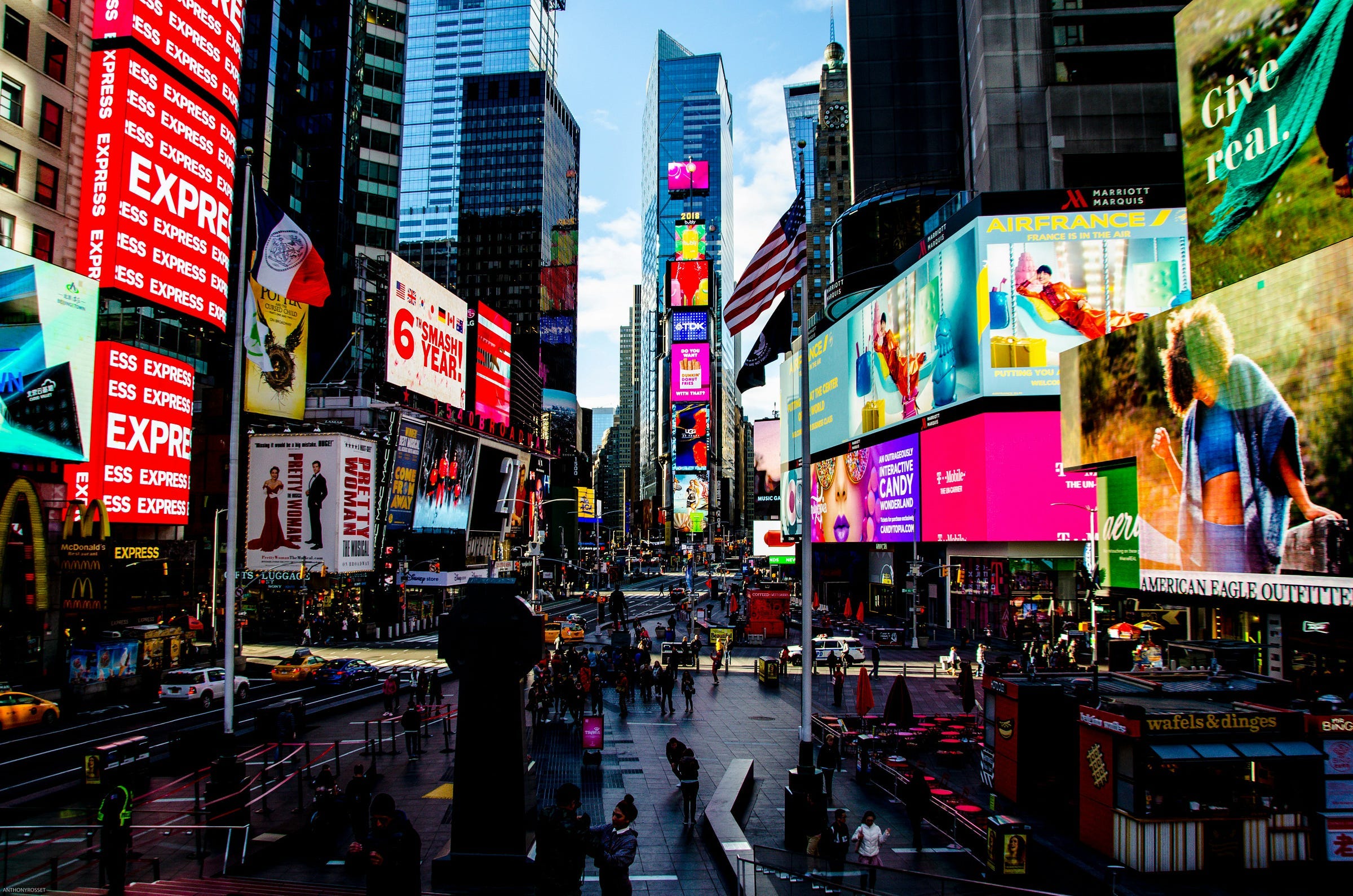Imagine a World Without Marketing
No ads, no sales pitches, no billboards

Marketing is a dirty word to most of us, isn’t it?
Because half the time it is.
Pushy ads, fake reviews, influencers saying they just “love this product.”
It stopped being about telling the truth and turned into seeing what we’ll fall for.
So, let’s pretend, you wake up tomorrow and every single ad, sponsored post, bought …



